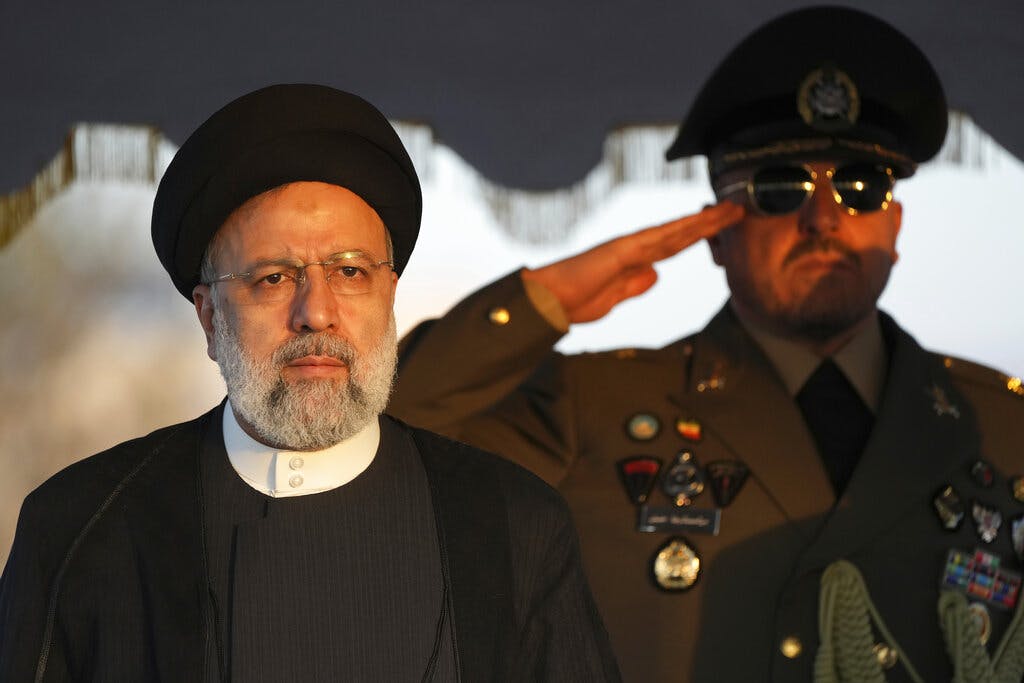
Florida Freeze Prompts Roundup of Cold-Stunned Iguanas as Thousands Fall From Trees
By LUKE FUNK
|Two of those killed in Sunday’s helicopter crash were instrumental in the Islamic Republic’s most regressive policies: increased oppression at home, ever-escalating Mideast proxy wars, and pursuit of nuclear weapons.

Already have a subscription? Sign in to continue reading
$0.01/day for 60 days
Cancel anytime
By continuing you agree to our Privacy Policy and Terms of Service.
By THE NEW YORK SUN
|